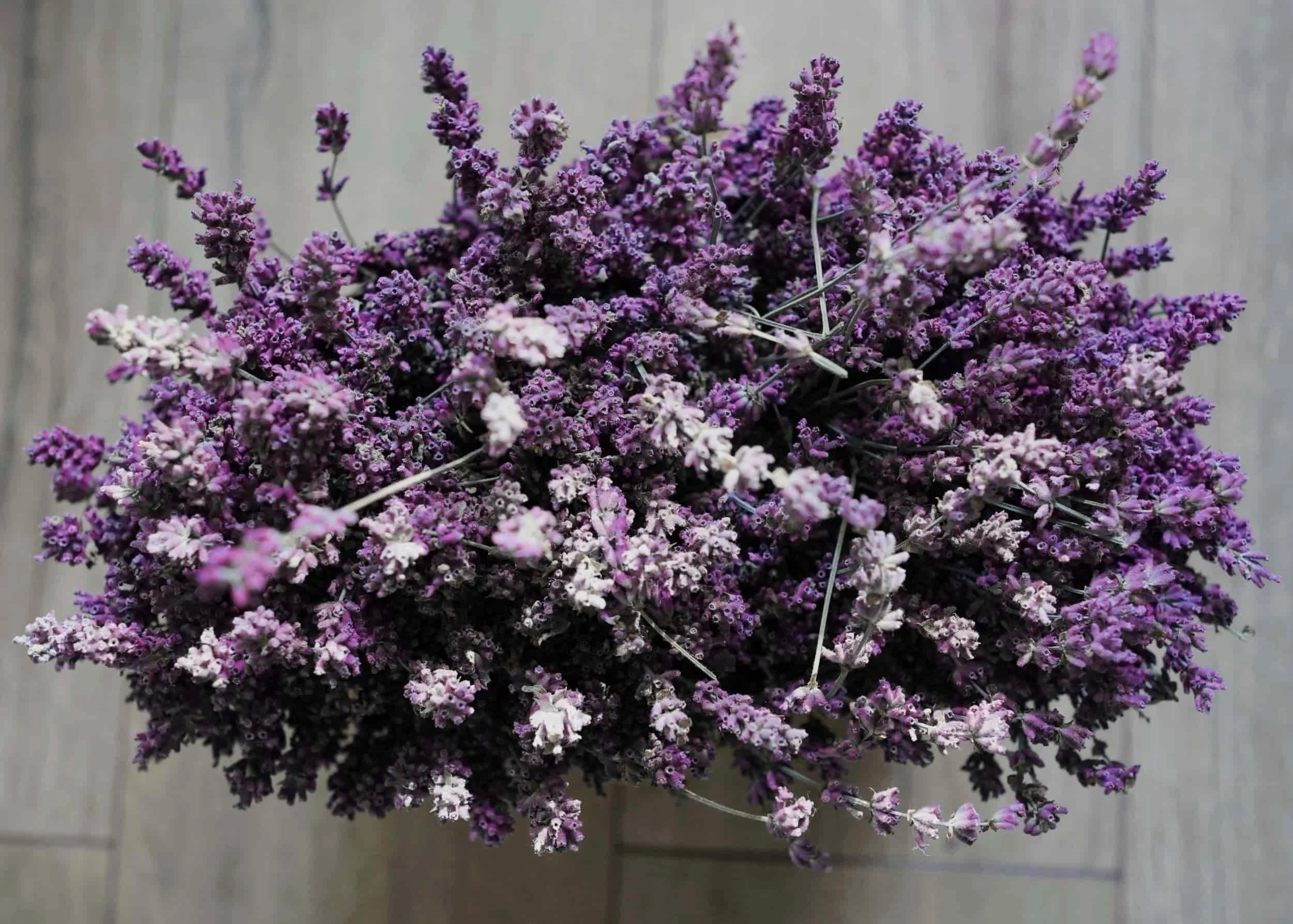It Is What It Is
It is what it is — acceptance or giving up?
I love saying “it is what it is.” It is shorthand for acceptance, their is nothing more you can do and so, learn to give up, gracefully of course. Then I heard someone say, “I hate the saying, what does it mean ? ’it is what it is, that is not the way it is supposed to be.” What does she mean?
When do we give up? When is it OK to say enough? Does giving up mean you are a loser? a negative person? one with no hope? I find myself thinking about that sayingwhen a patient might be hitting their head against a wall. What scenario might that be?
I have a middle aged patient, well read, articulate, good relationships with friends but, very stagnant in areas regarding her mother. Her mother, at 85 still has the power to knock my patient out, igniting anger that can last for weeks. It makes no difference that the lady is old, that she is cruel, that anyone can objectively see that this mother is self centered and uncaring. When the mother says something, it borders on the absurd, one can’t take her seriously because she is so blatantly living in her own made up world where she alone exists. I see this, my patient sees this yet, she spends a lot of time fabricating all sorts of things she can say in retaliation to her mother. Can I be so heartless as to say, it is what it is?
This mother will never change, nor does she want to. The world revolves around her and she has little capacity for empathy towards her daughter. Yet, the daughter goes over figuratively, bends down and tells her mother to give her a smack in her behind. How can this stop? It is what it is the mother isn’t changing but the daughter can. The daughter is working towards understanding that if she wants to zing her with the perfect quip it will not make a difference whatsoever towards the mother. What will be accomplished? maybe some relief that she can finally talk back to her mother. I don’t know. What I do know is that my patient is not rendered hopeless in this relationship, their is hope.
In the book The Power of Hope (full disclosure, it is written by my father Maurice Lamm), the author writes when someone is dyinghope does not have to be distinguished, it is repurposed and redirected. One may not have hope that the dying person will live but, one can hope their pain is under control. One can hope their loved one has a good day, hour, minute. One can put effort into easing the dying persons last days. It is what it is, with a caveat.
My patient can throw up her hands, perfectly understandable, she can also work it through and take back some of that power her mother has and by doing that say, “it is what it is.”

